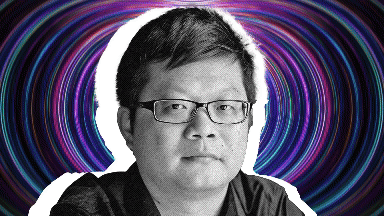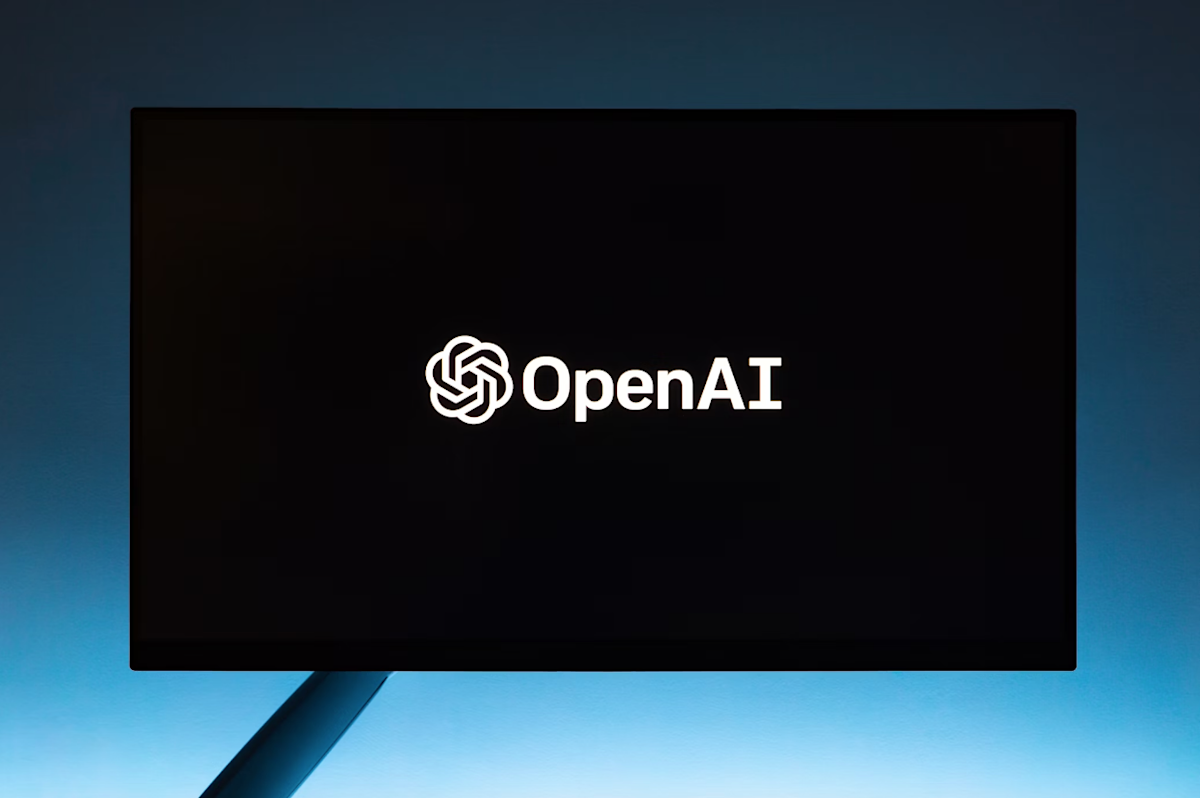
Andrea Colamedici, creator of Hypnocracy: "It is a philosophical experiment and a performance aimed at awakening consciousness."
Andrea Colamedici, co-author of 'Hypnocrazy: Trump, Musk and the New Architecture of Reality', a philosophy book created with artificial intelligence, shares his thoughts and reflections in a talk.
Andrea Colamedici, an Italian philosopher and essayist born in Rome in 1987, has brought to life one of the most notable intellectual provocations of our time with his work "Hypnocracy: Trump, Musk, and the New Architecture of Reality." This book, created alongside an artificial intelligence and signed under the pseudonym Jianwei Xun—a supposed philosopher from Hong Kong residing in Berlin—was revealed as a hybrid creation of human and algorithm in the spring of 2025. What began as a literary exploration of authorship and truth in the digital age transformed into a cultural phenomenon that questions the foundations of contemporary philosophical creation.
"Hypnocracy" is described as an essential text for understanding how control today is not exercised through the repression of truth, but rather through the multiplication of narratives, making any fixed point of reference unattainable. Despite Jianwei Xun being a fictional character, the impact of the book is very real. This literary experiment, where a fictional philosopher generated by AI analyzes digital manipulation, reveals a contemporary paradox: machines not only imitate human thought but sometimes surpass it.
Colamedici, who is also a professor of Prompt Thinking at IED Rome, is known for his work on thinking in the algorithmic era and for leading Tlon, a project that merges bookstores, a contemporary thought publishing house, and intellectual production encompassing various essays on diverse topics, from the performance society to new paradigms of human flourishing. In "Hypnocracy," the author reflects on how emerging technologies are redefining power through the control of perception, arguing that in the era of post-truth, power operates more by manipulating collective consciousness than through direct censorship.
Colamedici states that the purpose of his book is threefold: to educate about artificial intelligence, to develop a new concept adapted to the present situation, and to offer both theoretical and practical insights. Although some readers felt betrayed upon discovering the true nature of the author, Colamedici maintains that it was a necessary step to spark discussion and awareness about narrative construction today.
During an interview, the philosopher emphasized the importance of continuing the search for one's own sense of expression, regardless of technology. He asserted that the great dilemma today does not lie in whether AI can surpass humans in various disciplines, but in how humans must find their place and authenticity in a world where AI acts as a competitor.
Colamedici also discussed his methodology for writing the essay, clarifying that while he used AI tools to contrast ideas and generate concepts, the final content is the product of his own thinking. He described his relationship with technology as a "creative co-dependence," where AI becomes an interlocutor that enriches the reflective process rather than replacing it.
The choice of the name Jianwei Xun and his nationality was not coincidental; Colamedici sought to provide a perspective that challenges the centralist Western viewpoint, highlighting the importance of listening to and learning from diverse cultures. Through "Hypnocracy," he hopes to open a dialogue about the current reality and the role of AI in shaping our perception of the world.
With notable editorial success leading to several reprints, the work has generated intense debate about authorship and the potential of AI in the philosophical realm. Colamedici believes that this conversation is crucial at a time when narratives are multiplying and truth itself has become a political battleground. However, he expresses optimism about the role of philosophy in the digital age, viewing it as an indispensable tool for sparking curiosity and fostering a richer understanding of the world around us.



